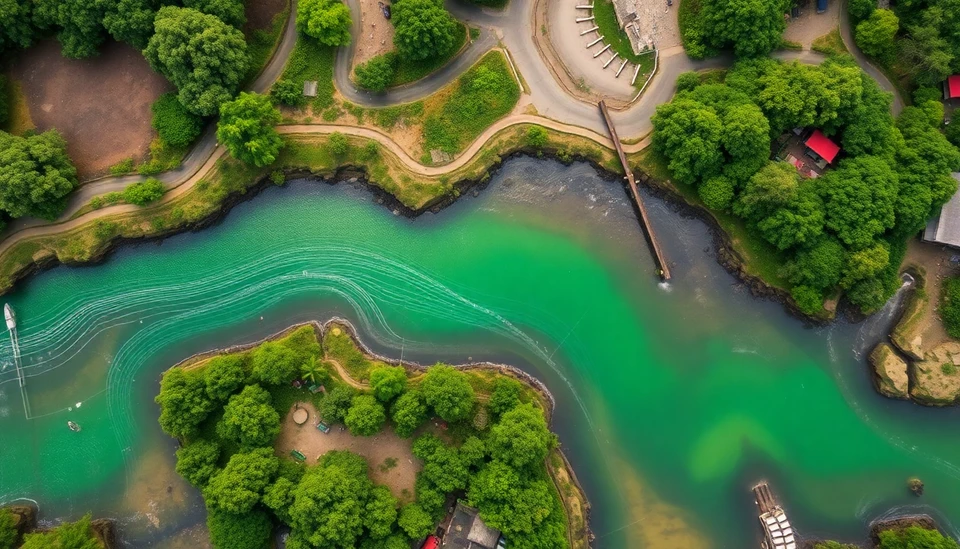
Brazil is poised at the intersection of critical climate action and significant challenges as it prepares for a transformative era in sustainable practices. With an expansive array of natural resources and a rich biodiversity that includes the Amazon rainforest, Brazil has the potential to lead the charge in combating climate change. However, this opportunity is intricately linked with substantial hurdles that could undermine its ambitions.
The nation is experiencing a growing international focus on its environmental policies, especially as global stakeholders increase their investments in sustainability. Brazil's unique position as one of the world’s largest carbon sinks offers it an advantage in attracting funding and partnerships aimed at reducing greenhouse gas emissions. Recent reports underscore the urgency of preserving the Amazon, not just as a biodiversity hotspot but as a crucial asset in global climate mitigation efforts.
Despite the vast potential for green investments, Brazil faces significant internal challenges. The political landscape is complicated; varying governmental priorities can lead to inconsistent policies regarding environmental protection. The deforestation rates in the Amazon have raised alarms, prompting international scrutiny and calls for immediate action to reverse the trends. Without cohesive policies that prioritize environmental preservation, Brazil risks losing critical biodiversity and jeopardizing its climate commitments.
Furthermore, indigenous communities who have long served as stewards of the land face ongoing threats from developments that encroach on their territories. Activists are urging the government to recognize and empower these communities as key players in any environmental strategy, emphasizing that their knowledge and practices are essential for sustainable management of the forests.
Looking ahead, the Brazilian government has set ambitious targets aligned with the Paris Agreement, aiming for significant emissions reductions by embracing renewable energy sources and enhancing forest management practices. The increased investment in solar, wind, and bioenergy reflects a budding commitment to greener economic frameworks. However, realizing these goals requires unity among various sectors of society, including corporate entities, policymakers, and civil society.
In response to this urgent need for collaborative action, Brazil has been engaging with international organizations to create frameworks that support sustainable development. These partnerships can help bridge the gap between economic growth and environmental integrity. As nations worldwide pivot toward sustainability, Brazil’s role in global climate action can solidify its position as a leader, provided it manages to navigate the complexities of its domestic challenges.
In conclusion, while Brazil stands at a promising threshold for climate-related opportunities, the dual nature of its challenges cannot be ignored. The nation’s commitment to sustainability will be closely watched by the global community, as it seeks to balance economic growth with the imperative of environmental stewardship. The road ahead is fraught with uncertainty, yet it is clear that Brazil's actions in the coming years will play a pivotal role in shaping not only its own future but that of the planet as a whole.
#BrazilClimate #Sustainability #AmazonConservation #ClimateAction #GreenInvestments #Biodiversity #RenewableEnergy
Author: Rachel Greene




